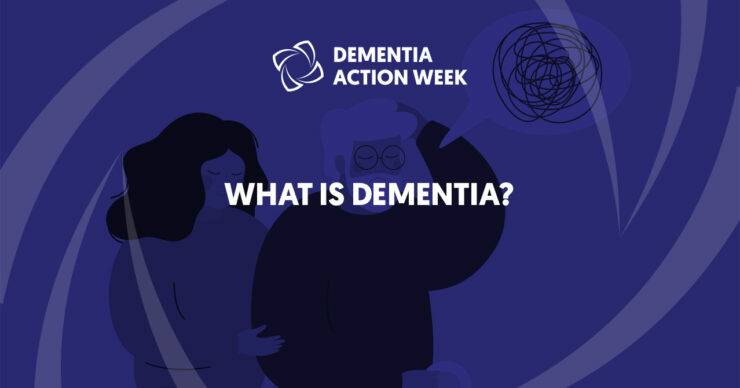
15
May 2024
What is Dementia?
Shreya Patel has taken the time to share some invaluable facts, figures and all important advice for those who know very little about dementia. She answers key questions including:
- What does Dementia mean?
- What are the signs of Dementia?
- What can you do to lower your risk of dementia?
And shares some insights from others who discovered the condition at a similar age.
I am 13 years old and I have heard the word dementia being mentioned more and more. What is it and what does it do? Dementia is not a specific disease but is known as the impaired ability to remember, think, or make everyday decisions. This can impact people’s lives dramatically even though it takes a while to form.
Signs of dementia can include increasing confusion or reduced concentration and in the long run it could turn into forgetting key people’s names or forgetting how to do simple everyday tasks. A simple task such as brushing your teeth or making a cup of tea may seem simple, straightforward and a task that can be completed within minutes. However, did you know that the process from the first thought of the task to it being completed safely could actually take almost half an hour! You may notice a change in their mood or find them at a loss for common words and names.
Who gets Dementia?
Unfortunately, doctors have no idea as to why some people suffer from dementia and others don’t. People should not be worried if they have family members that have been diagnosed as there is no evidence it is genetic.
- It is important to know it is not contagious like the flu!
- Not all old people will get dementia, nor is it specific to older generations. There are cases where young people have been diagnosed with dementia too.
- Dementia is more than just forgetfulness, remember not to think your parents have dementia because they have forgotten to pick up your sweets at home!
- Being diagnosed with dementia does not mean that people will suffer and become very poorly.
We can all try and prevent being diagnosed by leading healthy lives and eating lots of fruit and vegetables and keeping the brain active, especially in later years. My grandma thinks that Sudoku puzzles will keep her safe and well!
What Dementia means to others
“Dementia is a condition that affects the brain and can cause problems with the memory, thinking, and behaviour. It’s like the brain’s ability to remember and process information but it becomes jumbled up. People with dementia may have difficulty remembering things, solving problems, or even recognising familiar faces. It can be really tough for both the person with dementia and their loved ones, but there are ways to manage and support those affected by it. It’s important to be patient, understanding, and provide a safe and supportive environment for them”. – Ayva aged 14
“Dementia to me is a problem in the brain which causes people to slowly lose their memory. It starts off as small things, yet can eventually progress into forgetting their own name”.- Khayan aged 15 who has experienced this due to his grandma sadly facing this “disease”.
I was very confused and saddened when my grandpa suddenly started talking to people and using names I had never heard of. I could not understand what was happening and I would become upset when he became upset. I now know that he is happy when he laughs and smiles when we share time together and I do not mind that he will forget the event the next time I see him. Adam aged 13
Facts on Dementia
- Alzheimer is the most common type of dementia and it contributes to 60-70% of cases which can be converted to 55 million people.
- Medication like Cholinesterase inhibitors like donepezil are used to treat Alzheimer disease
- Signs of dementia can start at memory problems and even remembering particularly recent events.
- To prevent additional damage to the brain, medicines to control blood pressure can help a lot.
- You can help your loved ones by giving them social interactions and giving them activities to work on their memory.
- Like this ? Share with friends





